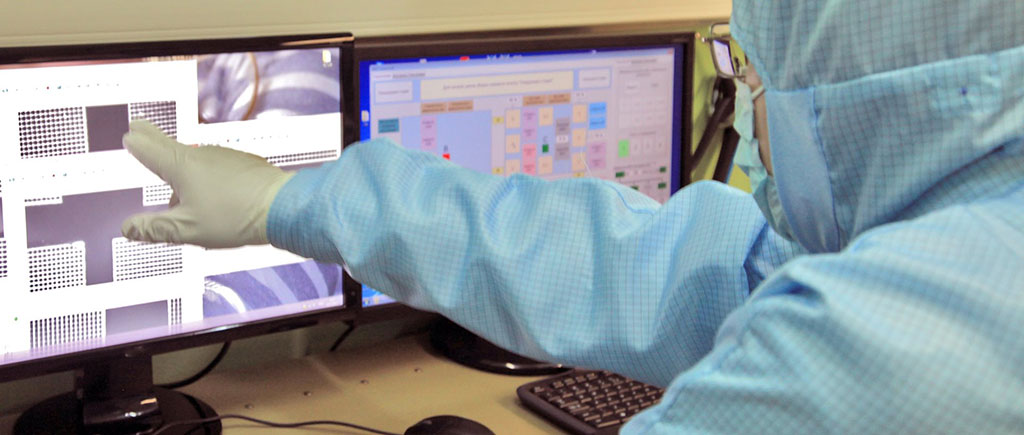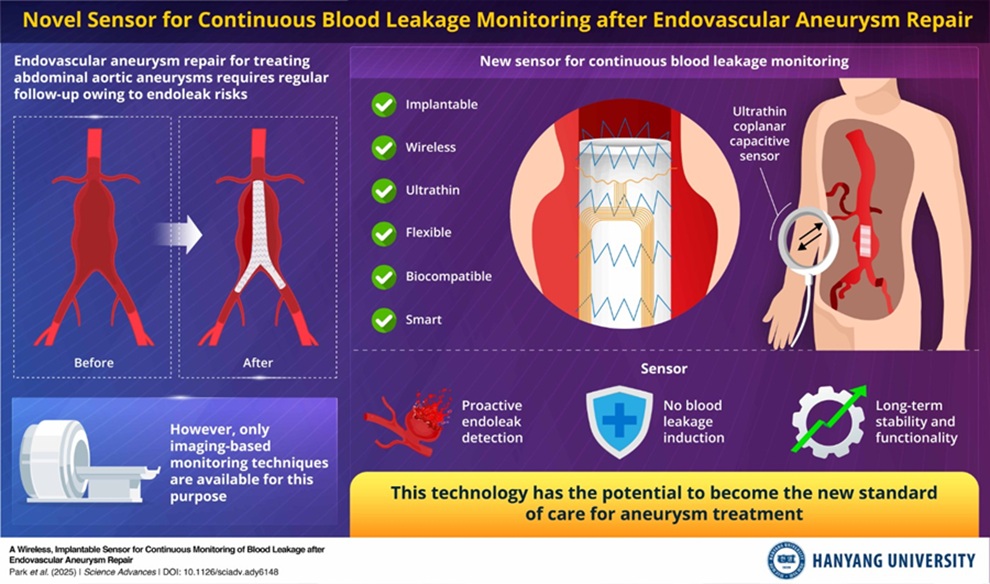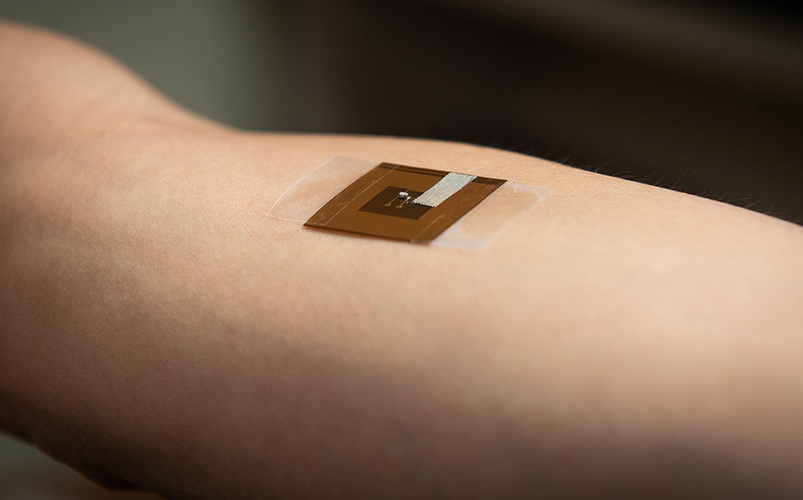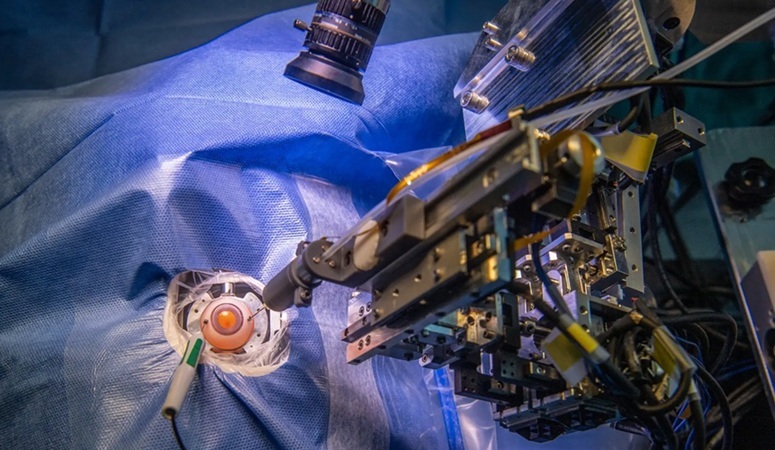Global Hospital Information Systems Market to Be Driven by Rapid Technological Enhancements
|
By HospiMedica International staff writers Posted on 01 Feb 2022 |

The global hospital information systems market is expected to be driven by rapid technological enhancements, along with initiatives by the government, private and public sector, rising healthcare cost and changing world demographics that are forcing governments to enhance healthcare.
These are the latest findings of Transparency Market Research (Albany NY, USA), a next-generation market intelligence provider.
Hospital information system is a comprehensive information system designed to manage all the aspects of a hospital's operations, such as administrative, medical, legal and financial concerns and the corresponding processing of services. With increasing volume and types of patient data, it is becoming complex process to make the data available to partners, payers and regulatory authorities. If the data or information is not presented in properly, it can result in poor delivery of care as well as regulatory action. Hospital information systems provide complete information about a patient’s health history and allow health care professionals to provide proper care to patients by checking their health and medication history.
Geographically, North America was the world’s largest market for hospital information systems due to extensive technological advancements and government initiatives in the region. Countries such as the US and Canada have been successful in implementing electronic records in their healthcare system, which will boost market growth. Moreover, the presence of developed IT and healthcare infrastructure, promising government initiatives in executing hospital information systems in the current healthcare infrastructure, and constantly improving reimbursement scenario will further propel the market growth. Europe was the world’s second-largest market for hospital information systems owing to enhanced digitization of healthcare processes in the region. The Asia Pacific market for hospital information systems is expected to be driven by the acceptance and demand for high end medical infrastructure in the region. Within Asia Pacific, China, Japan and India are expected to grow at a faster rate than other countries in the region. The hospital information systems market in South American countries, such as Brazil and Mexico, have significant potential for growth due to the region’s evolving medical structure and high disposable income.
Related Links:
Transparency Market Research
Latest Business News
- Philips and Masimo Partner to Advance Patient Monitoring Measurement Technologies
- B. Braun Acquires Digital Microsurgery Company True Digital Surgery
- CMEF 2025 to Promote Holistic and High-Quality Development of Medical and Health Industry
- Bayer and Broad Institute Extend Research Collaboration to Develop New Cardiovascular Therapies
- Medtronic Partners with Corsano to Expand Acute Care & Monitoring Portfolio in Europe
- Expanded Collaboration to Transform OR Technology Through AI and Automation
- Becton Dickinson to Spin Out Biosciences and Diagnostic Solutions Business
- Boston Scientific Acquires Medical Device Company SoniVie
- 2026 World Hospital Congress to be Held in Seoul
- Teleflex to Acquire BIOTRONIK’s Vascular Intervention Business
- Philips and Mass General Brigham Collaborate on Improving Patient Care with Live AI-Powered Insights
- Arab Health 2025 Celebrates Landmark 50th Edition
- Boston Scientific Acquires Medical Device Company Intera Oncology
- MEDICA 2024 to Highlight Hot Topics of MedTech Industry
- Start-Ups To Once Again Play Starring Role at MEDICA 2024
- Boston Scientific to Acquire AFib Ablation Company Cortex
Channels
Critical Care
view channel
CPR Guidelines Updated for Pediatric and Neonatal Emergency Care and Resuscitation
Cardiac arrest in infants and children remains a leading cause of pediatric emergencies, with more than 7,000 out-of-hospital and 20,000 in-hospital cardiac arrests occurring annually in the United States.... Read more
Ingestible Capsule Monitors Intestinal Inflammation
Acute mesenteric ischemia—a life-threatening condition caused by blocked blood flow to the intestines—remains difficult to diagnose early because its symptoms often mimic common digestive problems.... Read more
Wireless Implantable Sensor Enables Continuous Endoleak Monitoring
Endovascular aneurysm repair (EVAR) is a life-saving, minimally invasive treatment for abdominal aortic aneurysms—balloon-like bulges in the aorta that can rupture with fatal consequences.... Read more
Wearable Patch for Early Skin Cancer Detection to Reduce Unnecessary Biopsies
Skin cancer remains one of the most dangerous and common cancers worldwide, with early detection crucial for improving survival rates. Traditional diagnostic methods—visual inspections, imaging, and biopsies—can... Read moreSurgical Techniques
view channel
Robotic Assistant Delivers Ultra-Precision Injections with Rapid Setup Times
Age-related macular degeneration (AMD) is a leading cause of blindness worldwide, affecting nearly 200 million people, a figure expected to rise to 280 million by 2040. Current treatment involves doctors... Read more
Minimally Invasive Endoscopic Surgery Improves Severe Stroke Outcomes
Intracerebral hemorrhage, a type of stroke caused by bleeding deep within the brain, remains one of the most challenging neurological emergencies to treat. Accounting for about 15% of all strokes, it carries... Read morePatient Care
view channel
Revolutionary Automatic IV-Line Flushing Device to Enhance Infusion Care
More than 80% of in-hospital patients receive intravenous (IV) therapy. Every dose of IV medicine delivered in a small volume (<250 mL) infusion bag should be followed by subsequent flushing to ensure... Read more
VR Training Tool Combats Contamination of Portable Medical Equipment
Healthcare-associated infections (HAIs) impact one in every 31 patients, cause nearly 100,000 deaths each year, and cost USD 28.4 billion in direct medical expenses. Notably, up to 75% of these infections... Read more
Portable Biosensor Platform to Reduce Hospital-Acquired Infections
Approximately 4 million patients in the European Union acquire healthcare-associated infections (HAIs) or nosocomial infections each year, with around 37,000 deaths directly resulting from these infections,... Read moreFirst-Of-Its-Kind Portable Germicidal Light Technology Disinfects High-Touch Clinical Surfaces in Seconds
Reducing healthcare-acquired infections (HAIs) remains a pressing issue within global healthcare systems. In the United States alone, 1.7 million patients contract HAIs annually, leading to approximately... Read moreHealth IT
view channel














